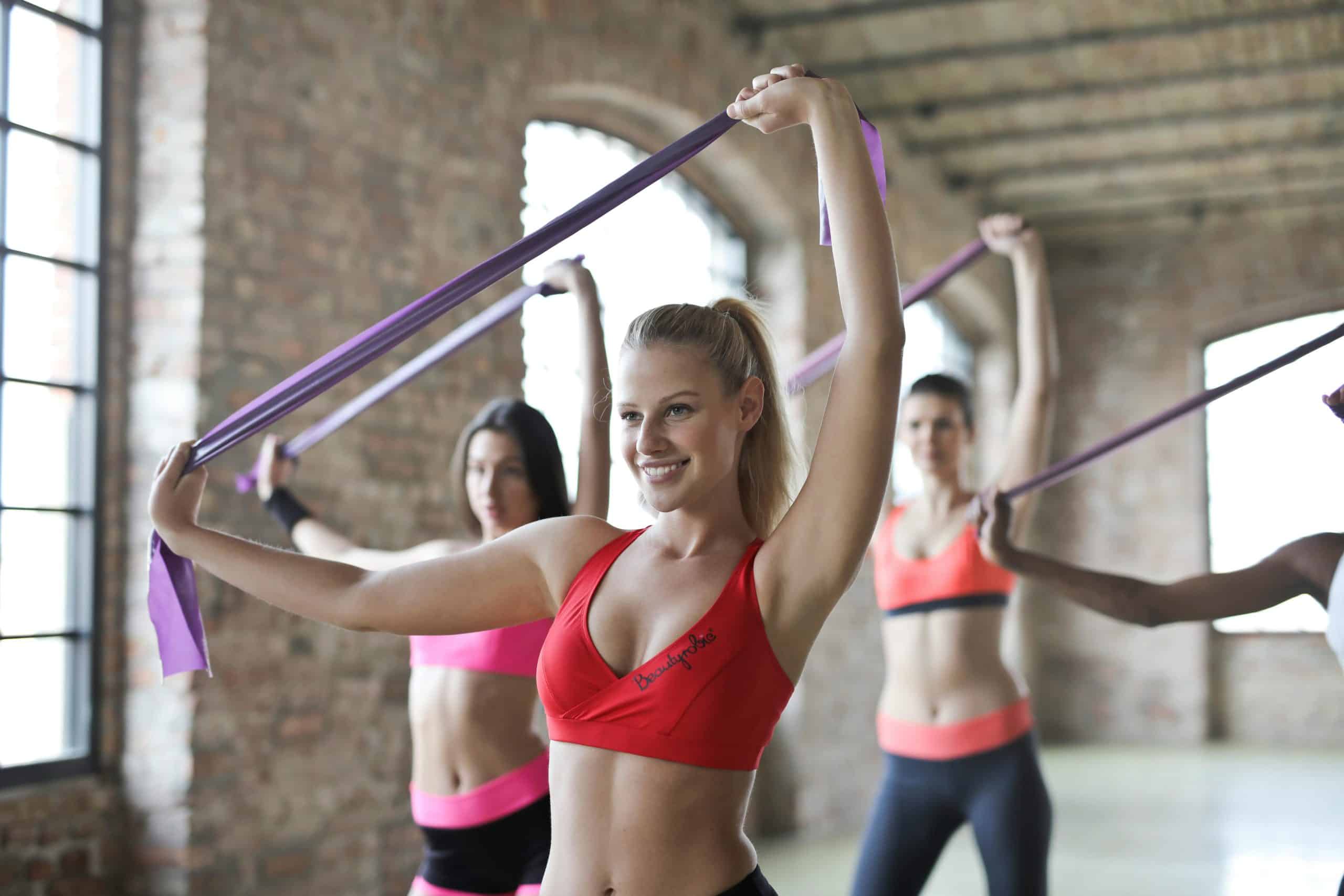What Are the Best Strategies to Improve Mental Focus for Snipers in Biathlon?

In the captivating world of biathlon, a fine balance between cross-country skiing and rifle shooting is key. It is a sport that demands both physical endurance and mental agility. The ability to transition from the high-intensity aerobic activity of skiing to the quiet, focused task of rifle shooting is what sets the best athletes apart. Today, we’ll delve into the strategies that can enhance mental focus for snipers in biathlon, providing a competitive edge in this exciting sport.
Understanding the Sport of Biathlon
Biathlon demands a unique blend of skills. Unlike many sports, the biathlon requires its participants to excel in two vastly different disciplines: cross-country skiing and precision rifle shooting. The athletes must maintain an intense pace on the ski track, then swiftly transition to a calm, focused state for accurate shooting.
Additional reading : How Does Nutritional Ketosis Influence Endurance Performance in Cyclists?
Biathlon events often combine a race in which the contestant with the shortest total time wins. The shooting rounds are not timed per se, but each missed target results in additional time or distance added to the contestant’s total running distance. This aspect makes the shooting portion of the event a crucial determinant of the overall performance.
Biathlon rifles are specially designed for this sport. They are lightweight, and the athletes carry them on their backs during the cross-country skiing portions of the event. For the shooting rounds, the biathletes shoot at small targets set at a range of 50 metres. The size of the targets varies depending on whether the athlete is shooting in the standing or prone position.
This might interest you : What’s the Evidence for the Use of Cold Laser Therapy in Treating Tennis Elbow in Athletes?
The Role of Mental Focus in Biathlon
A biathlon is a test of will as much as it is a test of physical prowess. The mental component of the sport is often what separates the champions from the rest of the field. As you navigate from the ski track to the shooting range, the ability to switch from a high-adrenaline state to one of calm focus is crucial.
The shooting phase of the biathlon is a test of concentration and precision. Biathletes must slow their heart rate, steady their breathing, and clear their mind to focus on the target. This transition is particularly challenging given the physical strain of cross-country skiing.
Mental focus is therefore an essential part of biathlon training. Athletes spend significant time honing their shooting skills, but equally important is learning to manage their mental state, both on and off the range.
Strategies to Improve Mental Focus for Biathlon Snipers
Improving mental focus for snipers in biathlon is a multi-faceted process. Here are some strategies that can be incorporated into your training regimen to help you master this mental shift.
Mindfulness and Meditation
Practising mindfulness and meditation can be a game-changer for many athletes, especially in a sport like biathlon where mental focus is crucial. Mindfulness training can help in developing a greater awareness of the present moment, and it can be particularly useful when you’re trying to shut out distractions and focus on the target.
Meditation, on the other hand, can help in reducing stress and anxiety, improving concentration, and promoting a better overall mental state. Regular practice can lead to a more calm, focused mindset, beneficial for those crucial moments on the shooting range.
Visualization Techniques
Visualization is a powerful tool that can help improve mental focus. It involves picturing in your mind the process of performing a task successfully. For biathlon snipers, this could be visualizing the entire shooting process, from taking aim to hitting the target. Regularly visualizing successful performance can help build confidence and, over time, improve actual performance.
Cognitive Training Exercises
Cognitive training exercises can also play a significant role in enhancing mental focus. These exercises are designed to improve cognitive functions such as attention, working memory, and cognitive flexibility. Engaging in cognitive training exercises can help improve the ability to focus on the task at hand, making it a valuable supplement to physical training in biathlon.
Emphasizing Mental Training in Biathlon
As the sport of biathlon continues to evolve, the importance of mental training is becoming increasingly clear. While physical fitness and technical shooting skills remain foundational to success, the ability to maintain mental focus under pressure can be the deciding factor between winning the gold or missing the podium.
Cognitive exercises, mindfulness, meditation, and visualization are all strategies that can be incorporated into a biathlon training regimen to improve mental focus. Just as you dedicate time to ski drills and shooting practice, dedicating time to mental training can significantly enhance overall performance in the biathlon.
Remember, it is often the minutest adjustments and improvements that can make a significant difference in your final time and performance. So, as you prepare for the next year’s biathlon cup or a training session, don’t forget to prioritize mental focus. It could be your secret weapon to becoming the best in this thrilling and demanding sport.
Mental Skills Training for Biathlon Competitors
Biathlon competitors can greatly benefit from mental skills training. This type of training is aimed at helping athletes handle the psychological pressures associated with competitive sports. Given the unique demands of biathlon, where athletes must transition seamlessly between the high-energy cross-country skiing and the calm, precision-based rifle shooting, mental skills training is particularly relevant.
A key component of mental skills training is stress management. In a pulse-pounding sport like biathlon, athletes are often under immense pressure to perform. This is even more pronounced during the shooting phase. Here, a steady hand and a calm mind are paramount to hit those minuscule targets at a range of 50 metres. Athletes can use techniques such as deep breathing and progressive muscle relaxation to manage their stress levels and maintain composure.
Another important part of mental skills training is goal setting. Athletes should set both short-term and long-term goals for their performance. These goals should be specific, measurable, achievable, relevant, and time-bound (SMART). By setting goals, athletes have a clear target to aim for, which can increase motivation and focus.
Finally, mental skills training includes developing a pre-performance routine. A pre-performance routine is a series of actions that an athlete performs before competing. This routine is designed to help the athlete enter the right mental state for competition. For biathlon athletes, this could include visualizing success on the shooting range or using mental cues to transition from skiing to shooting.
Conclusion: The Importance of Mental Focus in Biathlon
In the biathlon, mental focus can often make the difference between standing on the winner’s podium or finishing outside of the medal positions. The unique demands of this sport require an athlete to transition seamlessly from a high-intensity aerobic activity to a precise, calm task of rifle shooting. Therefore, athletes must not only possess physical fitness and shooting skills but also the ability to maintain mental focus under pressure.
It’s clear that mental focus is an integral part of biathlon performance. Through strategies like mindfulness, meditation, visualization, cognitive training, and mental skills training, athletes can improve their ability to focus and handle the psychological demands of this sport. Apart from the physical training, these strategies should also be a fundamental part of every biathlon athlete’s training regimen.
As the sport continues to evolve, athletes who dedicate time to mental training are likely to have a competitive edge. After all, it’s often the smallest adjustments that can make a significant difference in your final time and performance.
We’ve seen athletes like Scott Dixon, a full member of Great Britain’s biathlon team, emphasizing the importance of mental focus in his strategies. Dixon’s performances in the IBU Cup and other prestigious biathlon events reflect the efficacy of these mental strategies.
In conclusion, the importance of mental focus in biathlon cannot be overstated. It’s a game-changer, a secret weapon that every biathlon athlete should have in their arsenal. So, when you click to expand your training plan, remember to include mental focus exercises as an integral part of your regimen. Happy training, minuteman! And don’t forget to follow biathlon updates on our Biathlon Twitter page.
